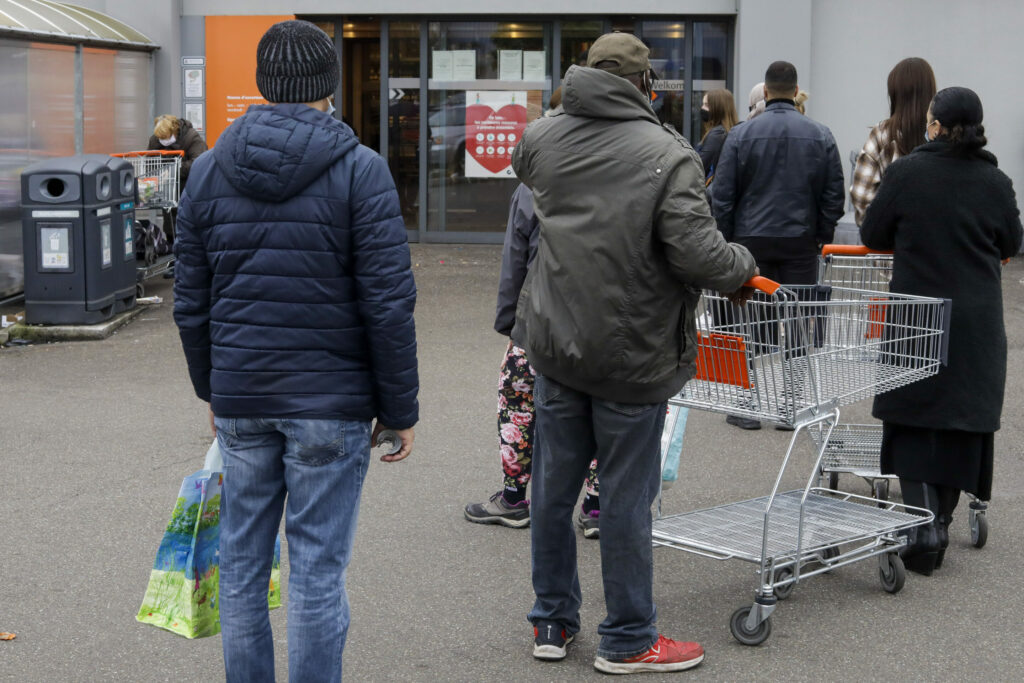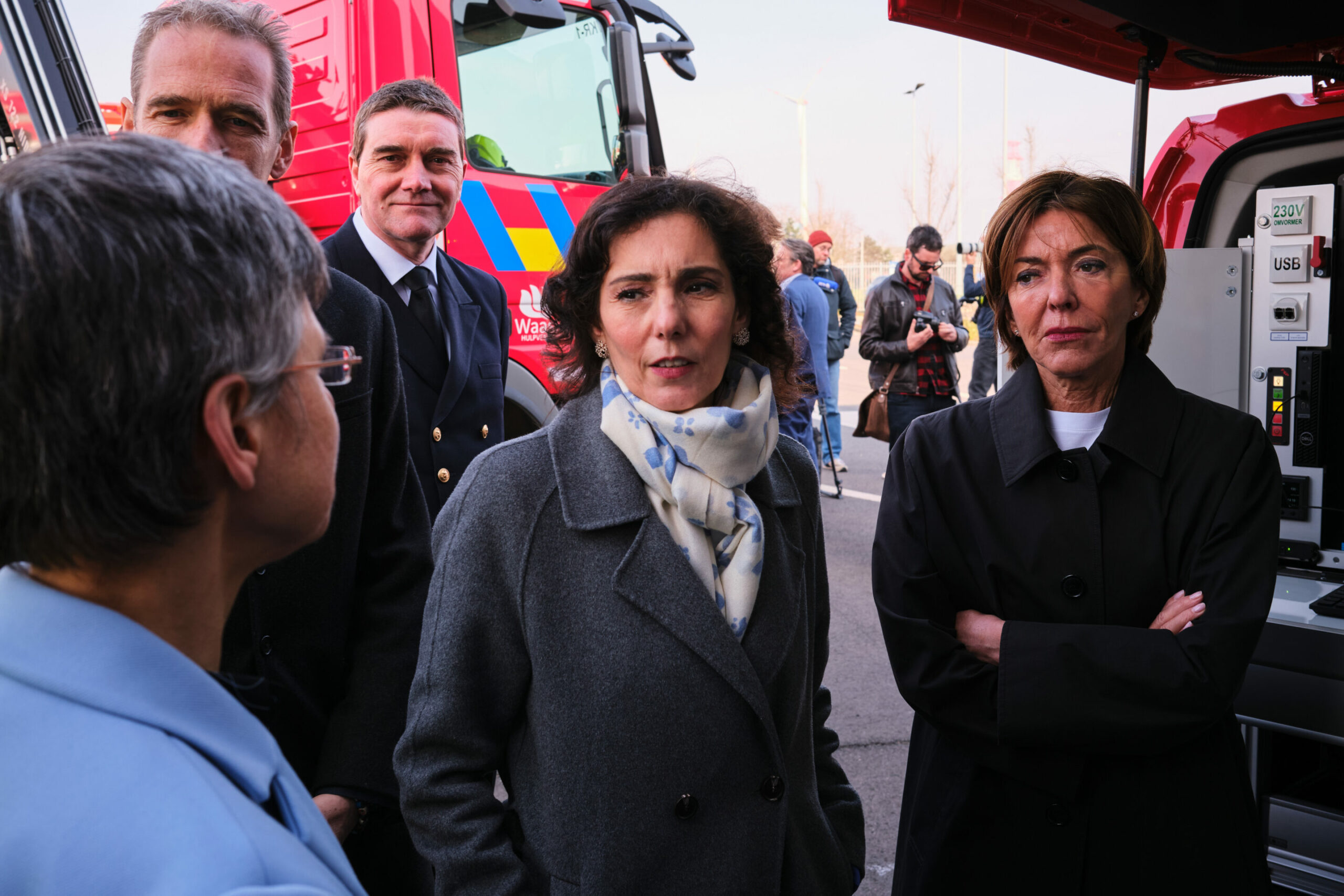Everyone should have 72 hours worth of 'war supplies', EU warns citizens

Tinned cans, bottles of water, medicines – the European Union is asking citizens to stockpile three days worth of supplies in the event of a war, nuclear accident, health crisis or natural disaster.
On Wednesday, the European Union announced its emergency preparedness strategy in the event of a major crisis. The plan was presented by Commission Executive Vice-President Roxana Mînzatu and the Belgian European Commissioner Hadja Lahbib.
"Fix your roof while the sun is still shining," Mînzatu said on Wednesday, while underlining the need for the EU to change its mindset when it comes to security.
Following the Covid-19 lockdowns, the Russian invasion of Ukraine and the threats of climate change, the EU says it "needs to be ready to protect its citizens and the key societal functions that are crucial for democracy and daily life."
A key part of the strategy includes helping individual households prepare for the growing threats and crises the continent is facing.
"450 million citizens, 450 million reasons to be better prepared," Lahbib told reporters in a press conference. European security is directly threatened by the war in Ukraine, but also "other battlefields," she explained, such as our phones, power plants, banks, supply chains, raw materials and social media, which are being weaponised against the EU.
What to stockpile?
"The EU will work with Member States to make sure people have essential supplies 72 hours in a crisis," Lahbib exlained, in the bid to create "a secure and resilient EU".
In terms of what to stockpile, Lahbib details these include water, tinned food, cash, lighting (e.g. a flashlight, matches, lighters), waterproof packages, important documents, a radio (to stay in touch with others), a Swiss army knife and power banks for recharging phones.

Hadja Lahbib is the Belgian Commissioner responsible for equality, preparedness and crisis management, visiting the Port of Antwerp. Credit: EU
"The idea is not to scare people, but to give EU citizens peace of mind," Mînzatu clarified, while adding its also costlier to respond to a crisis after it has happened, rather than investing in prevention.
According to the 17-page draft, first previewed by Politico, the plan will "cover the storage of essential supplies, crisis planning, shelter availability, measures to ensure availability of critical ground and space."
Strategic safeguarding
On Wednesday, Lahbib also announced 30 concrete actions to improve the EU's crisis preparedness, with the involvement of all sectors of society – including governments, institutions, businesses and citizens.
Among these, a minimum preparedness criteria will be established for essential services such as hospitals, schools, transport, and telecommunications, and ensure the availability of critical natural resources such as water.
A new EU-wide stockpiling strategy will ensure access to critical resources across Europe, including strategic reserves located in different Member States.
On Monday, Lahbib visited the Port of Antwerp, considered as a key strategic hub for both trade and military purposes. During the visit, the management carried out demonstrations of how to react to industrial fires or oil leaks.
This preparedness plan was designed to complement the previously announced ambitious defence plan, which aims to enable Member States to increase defence spending and investment by up to €800 billion.
Concerns over an armed aggression by the Kremlin in the next five years have increased, particularly given increasingly brazen hybrid campaigns, with rising risks of major cyberattacks and acts of sabotage.
Just this week, Russian state-backed hackers once again took down numerous Belgian government websites in retaliation to a new support package for Ukraine worth €1 billion.
"We are not starting from scratch, the Covid pandemic has shown that the added value of working together in solidarity and coordination within a EU framework, makes us more efficient," Mînzatu explained.




Nessun commento:
Posta un commento